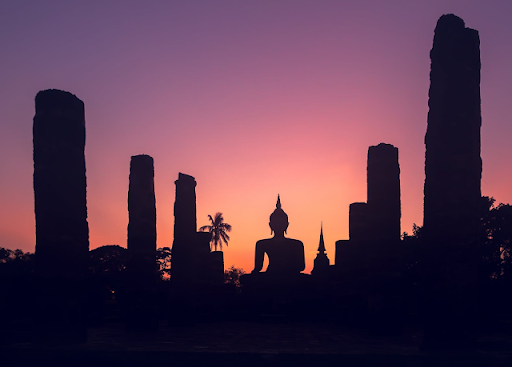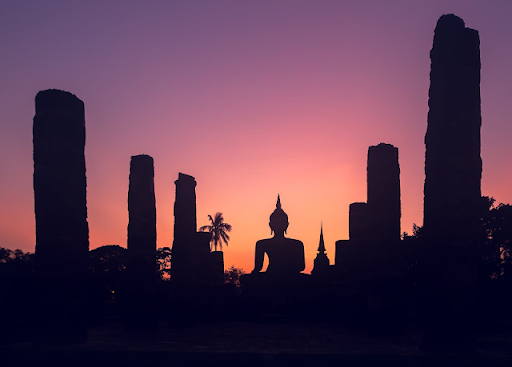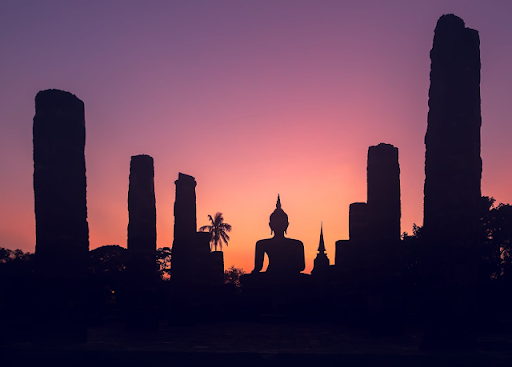The Six Perfections in Practice Each of the Six Perfections supports the other five, but the order of the perfections is significant also. For example, the first three perfections--generosity, morality, and patience--are virtuous practices for anyone. The remaining three--energy or zeal, meditation, and wisdom--are more specifically about spiritual practice. 1. Dana Paramita: Perfection of Generosity In many commentaries on the Six Perfections, generosity is said to be an entry way to the dharma. Generosity is the beginning of bodhicitta , the aspiration to realize enlightenment for all beings, which is critically important in Mahayana. Dana paramita is a true generosity of spirit. It is giving from sincere desire to benefit others, without expectation of reward or recognition. There must be no selfishness attached. Charity work done to "feel good about myself" is not true dana paramita. 2. Sila Paramita: Perfection of Morality Buddhist morality is not about un...





